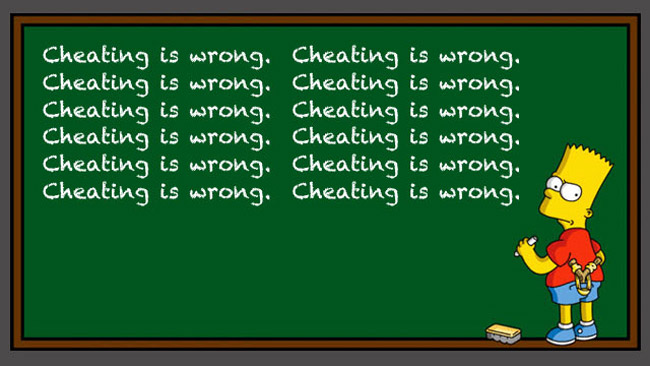Advertisement

Earlier this month, a coalition of free-market organizations sent a letter to the White House urging President Trump to “protect American jobs through tough trade enforcement,” especially as it relates to Mexico cheating on NAFTA by unlawfully dumping government-subsidized, artificially cheap, duty-free sugar on the U.S. market back in 2013.
The subsequent collapse of sugar prices here has been cited as a contributing factor in the closure of Hawaii’s last sugar mill operation earlier this year, as well as a serious harm to domestic sugar farmers. And this isn’t some baseless accusation.
As John O’Connell of Capital Press reported this week, “The U.S. International Trade Commission and the U.S. Department of Commerce ruled in response to a complaint by U.S. sugar growers that the combination of subsidization and dumping by Mexico warranted sugar duties of 48 to 84 percent.”
Caught with their britches down and facing serious retaliatory measures, the Mexican government signed a “suspension agreement” in December 2104 essentially saying it would knock it off. But they haven’t. As such, the U.S. Department of Commerce this month “sent a letter to the Mexican government threatening to impose duties of 80 percent on Mexican sugar if new agreements can’t be reached by June 5.”
Demanding that a trading party live up the terms of its agreement would seem like a common-sense objective that everyone can agree on. After all, it’s not free trade if one party is cheating. But the Candy Man, like Honey Badger, don’t care.
Following up on the free-market coalition’s letter to the White House, O’Connell reported this week that 51 House Members sent a letter on May 19th urging Commerce Secretary Wilbur Ross to “take into account the interests of the companies that make food products and beverages using sugar.”
The Members – clearly representing the interests of Big Candy, not the little U.S. farmer – want Ross to go easy on Mexico in resolving this problem. They like cheap sugar – even if it’s subsidized by a foreign government at the expense of U.S. jobs. It means higher profits for them – because history has demonstrated that any cost savings are never passed along to consumers.
Proof? The cost of sugar today is almost exactly the same as the cost of sugar three decades ago. The cost of a chocolate bar today? More than three times the cost from thirty years ago. Do the math.
Big Candy’s lobbyists in Congress told Ross they want an agreement that assures “open and fair competition.”
But again, it’s not open and fair when the other side gives its sugar industry an unfair advantage by subsidizing their less-efficient industry. It’s only “open and fair” when the field is level. Right now, it’s not.
Let’s hope Secretary Ross fixes that and protects American jobs through tough trade enforcement.
Advertisement
Subscribe Free By Email

Looking for the best in breaking news and conservative views? Let Chuck do all the work for you! Subscribe to his FREE "Muth's Truths" e-newsletter.


